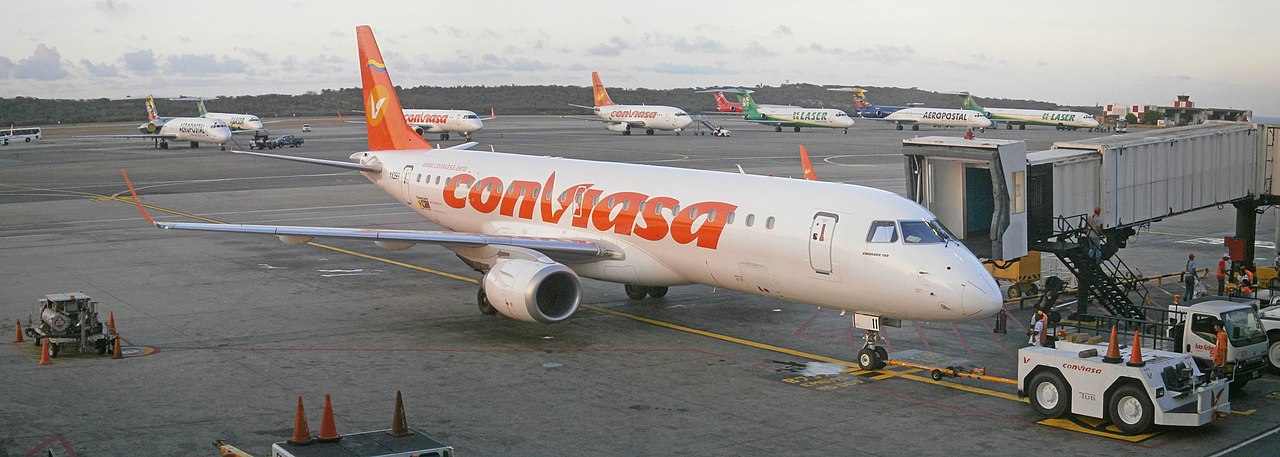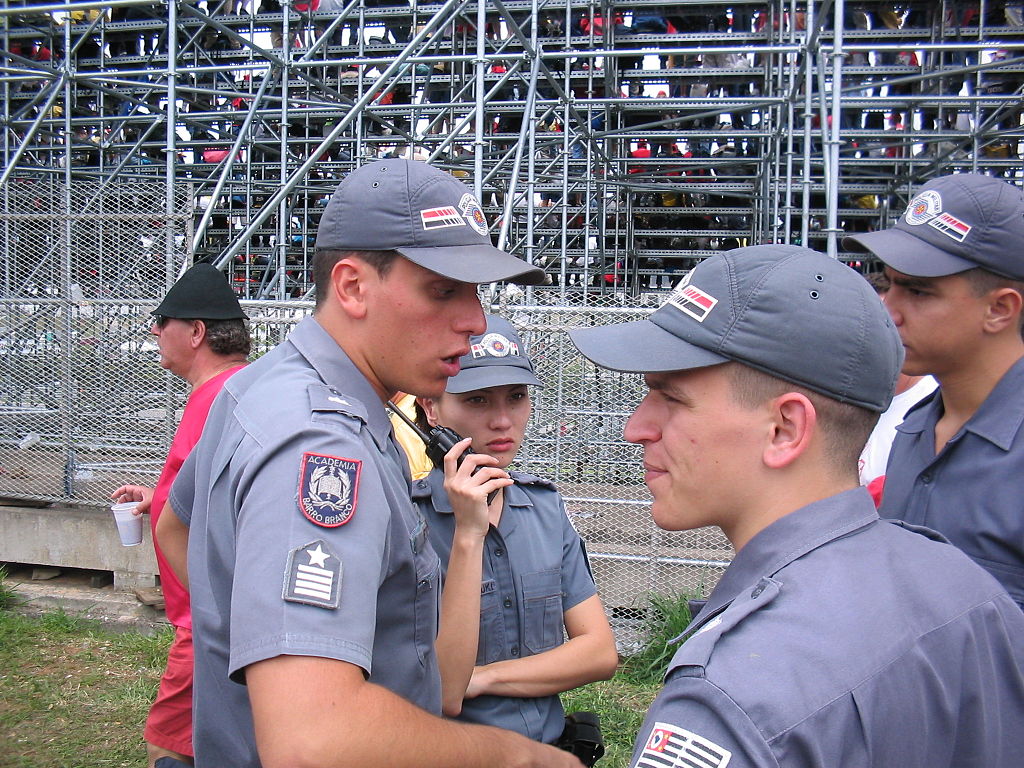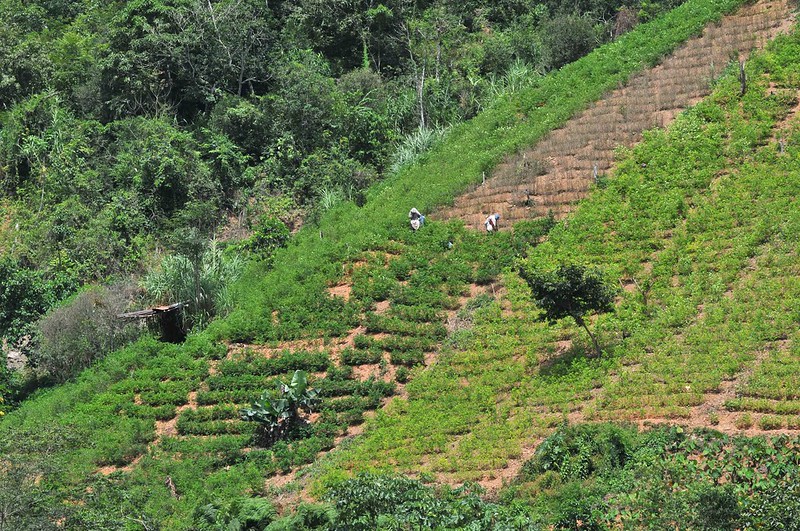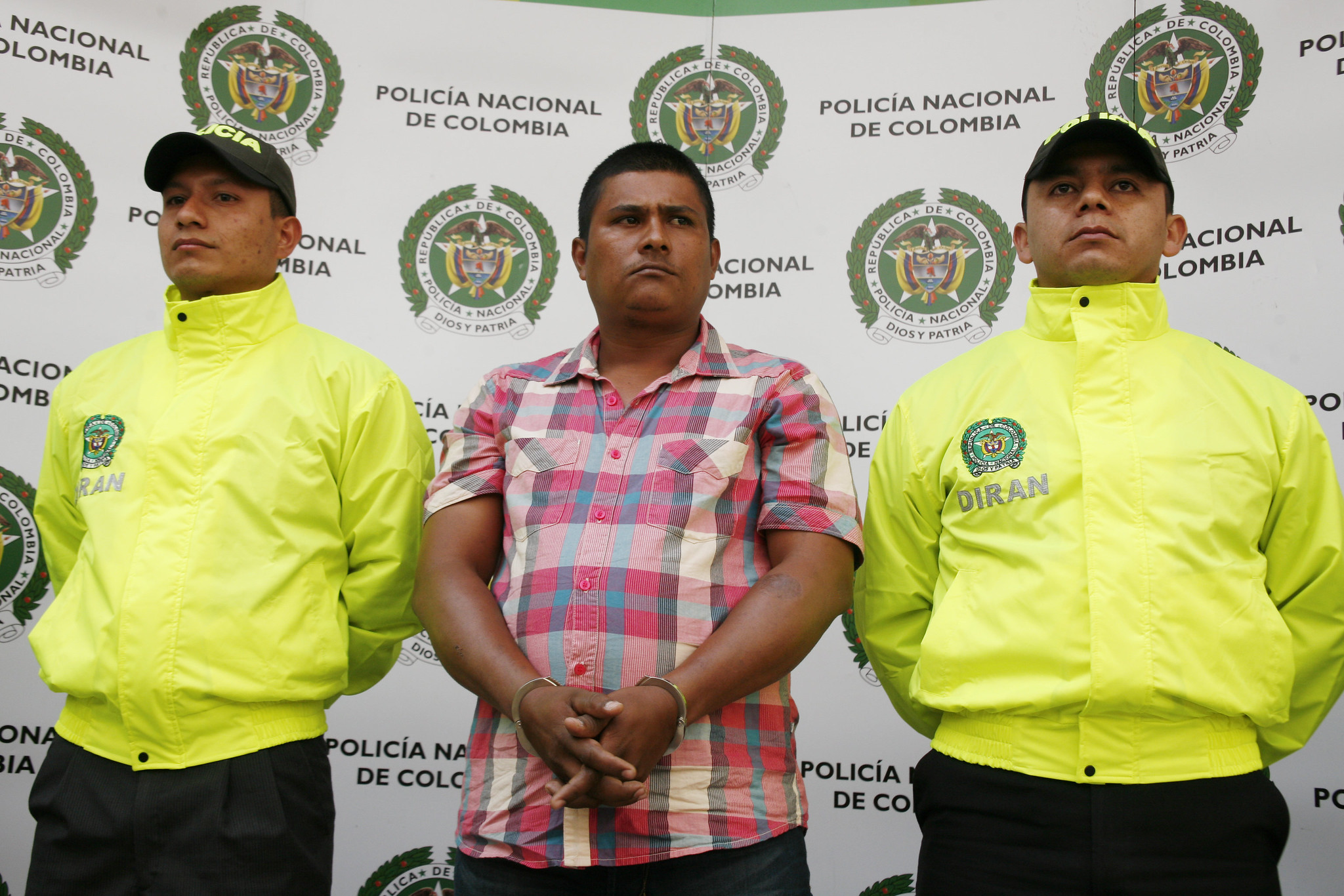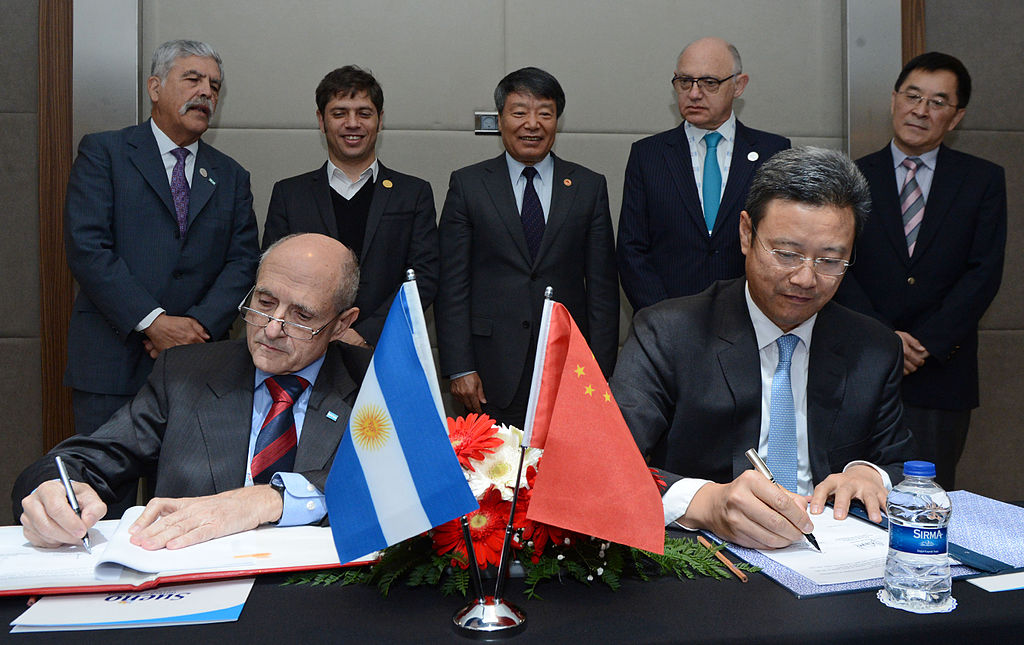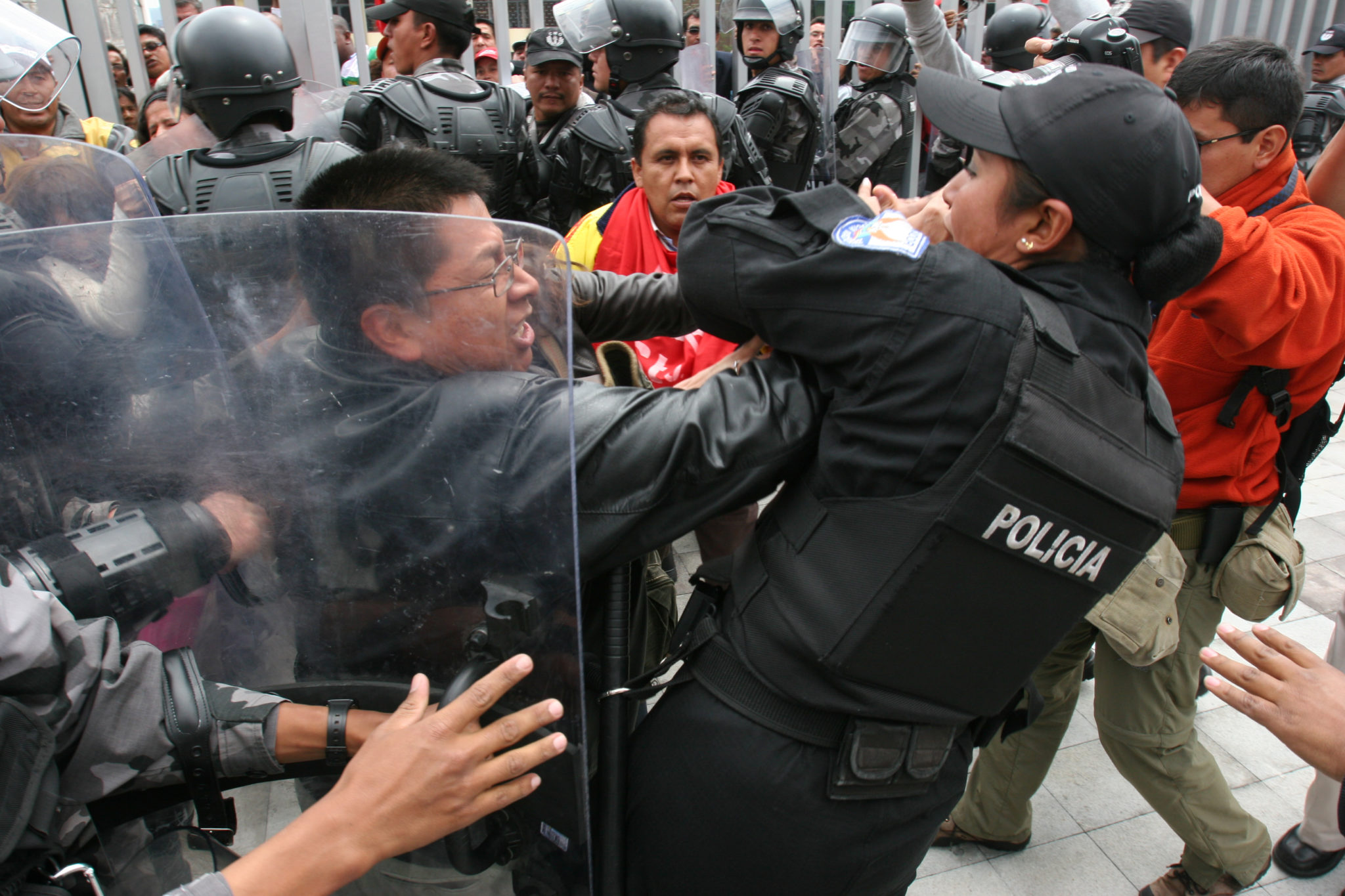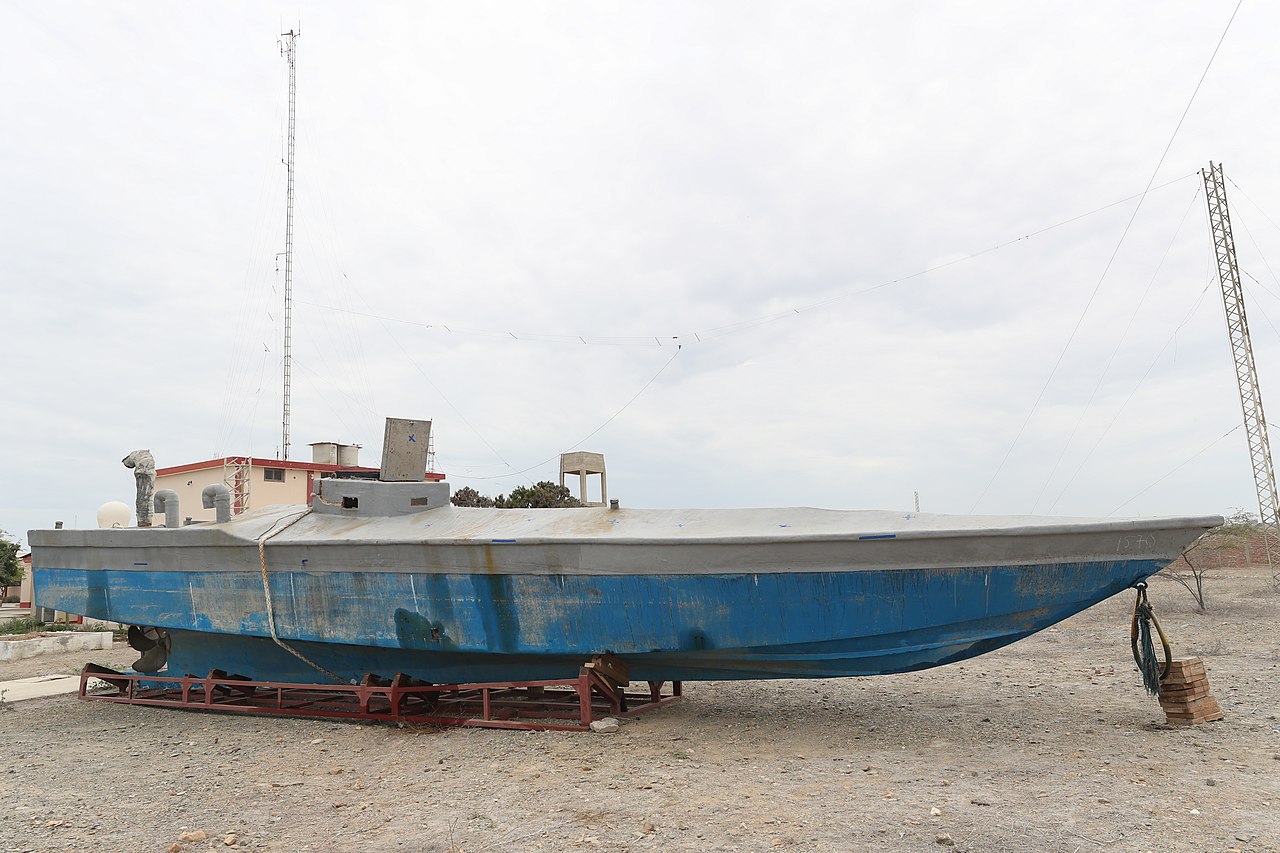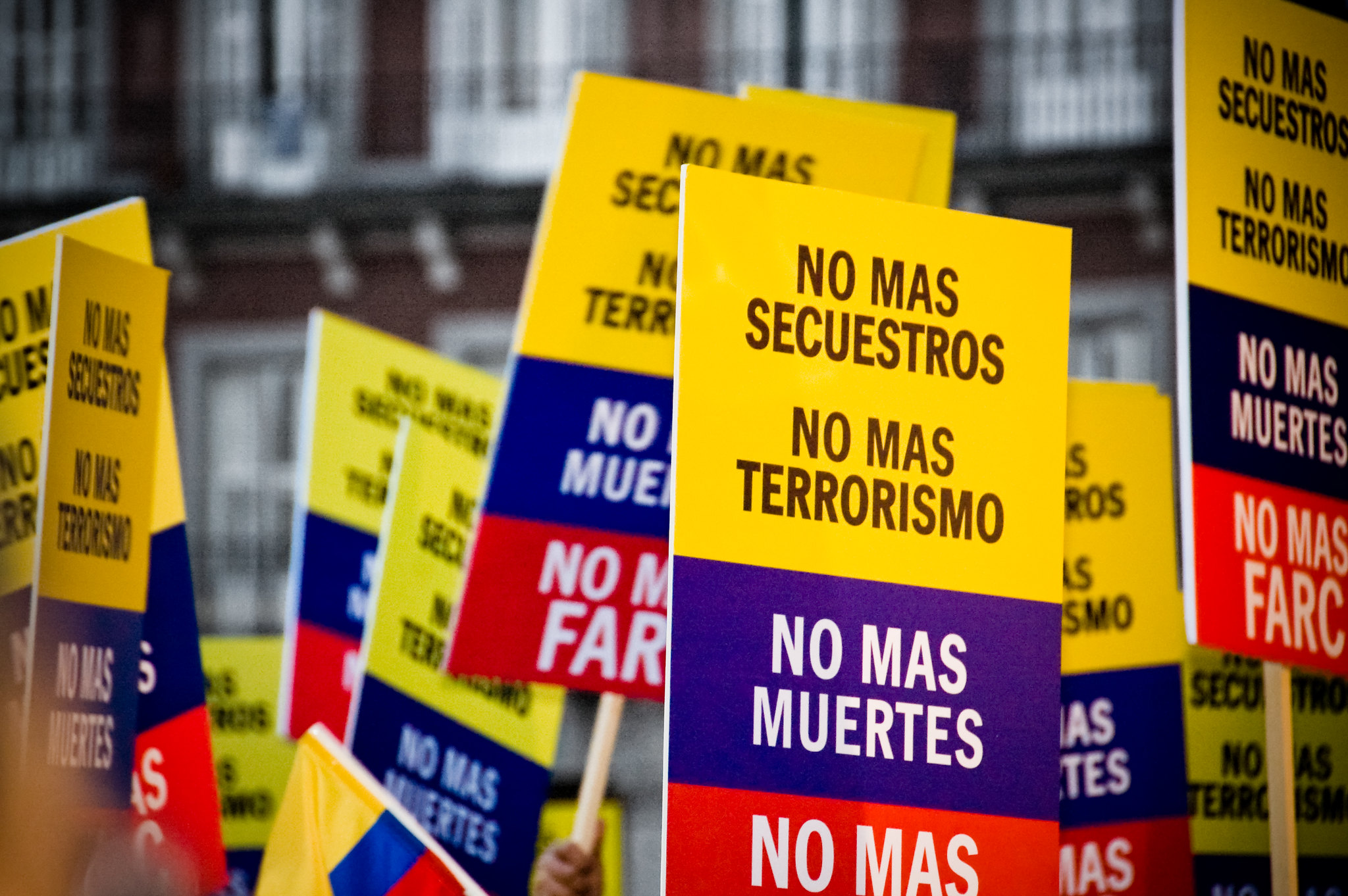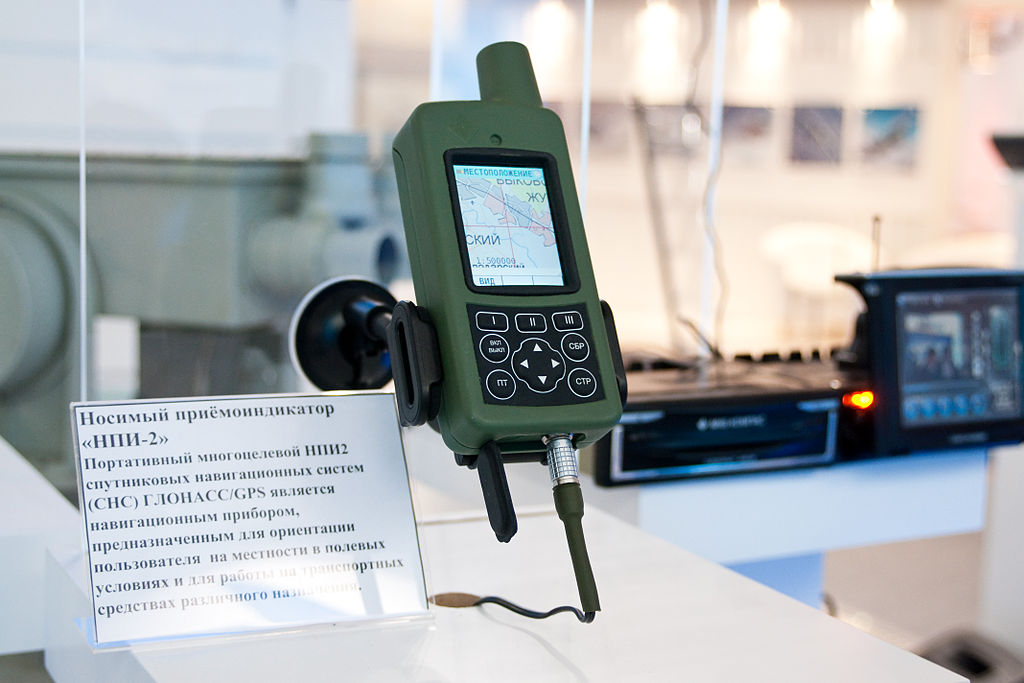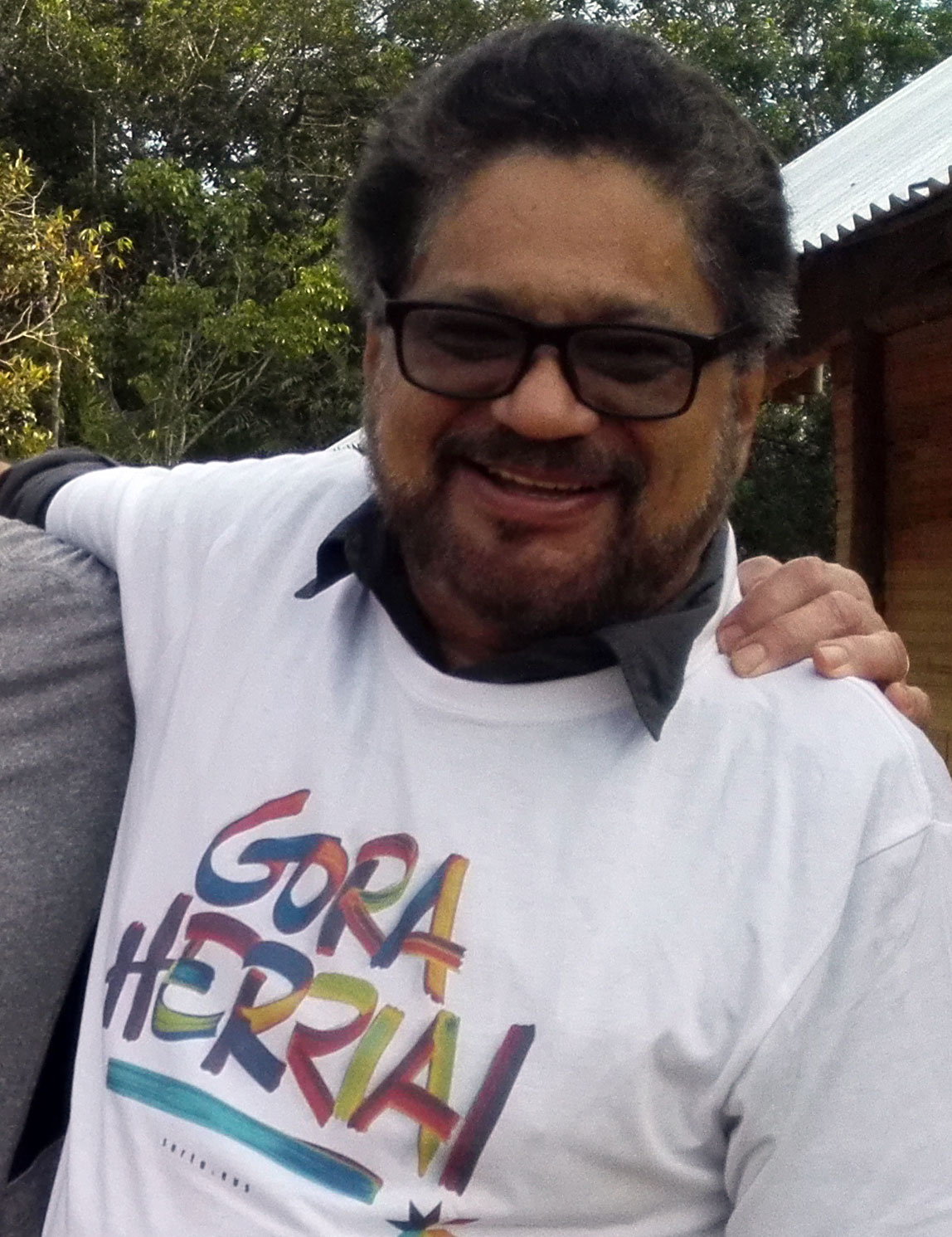
Iván Márquez, one of the leaders of the FARC dissidents known as the Second Marquetalia.
“Márquez ‘is being protected by the Maduro regime.’ Colombia’s Minister of Defense indicated that Márquez was part of a confrontation and that in ‘that dispute, one of these vendettas occurred in which his integrity was affected.’”
Colombia’s leading weekly magazine Semana recently published rumors that Iván Márquez, the leader of peace negotiations with the Colombian government who later returned to arms, had been killed (see “Colombian Military Continues To Forcefully Dismantle FARC Dissident Structure,” OE Watch, Issue 4). This news story played for two weeks in the wake of the previous assassinations of at least four FARC commanders in the same border area. However, according to Spanish-language CNN Español, Colombia’s intelligence service says Márquez survived the attack and the outlet reports that Márquez is convalescing in a hospital in Caracas, protected by Venezuela’s Maduro regime. CNN Español also reports that FARC dissidents later released a video confirming the attack on Márquez and his subsequent survival. Although Márquez apparently survived, changing circumstances on the ground and a string of recent assassinations suggest that the various organizations of FARC dissidents continue to lose ground to Colombia’s National Liberation Army and rival criminal groups, including the Tren de Aragua and Mexican cartels.
Source:
“Urgente: Fuentes venezolanas le confirman a SEMANA que Iván Márquez sí está muerto (Urgent: Venezuelan sources confirm to SEMANA that Iván Márquez is indeed dead),” Semana (Colombia’s leading weekly magazine), 2 July 2022. https://www.semana.com/nacion/articulo/urgente-fuentes-venezolanas-le-confirman-a-semana-que-ivan-marquez-si-esta-muerto/202250/
In Venezuela, in the middle of an attack, Iván Márquez, maximum leader of the FARC dissidents of the so-called Second Marquetalia, died. According to the information known about the event, he fell in the middle of an attack. It transpired that Márquez’s death occurred in the midst of a brutal war that is being waged in Venezuelan territory between criminal organizations to keep control of the illicit drug business, especially in the border area with Colombia.
Source: “‘Iván Márquez’ se encuentra en un hospital de Caracas y es ‘protegido por el régimen de Maduro,’ afirma el ministro de Defensa de Colombia (‘Iván Márquez’ is in a hospital in Caracas and is ‘protected by the Maduro regime,’ says the Colombian Defense Minister),” CNN Español (Spanish-language outlet of the popular American news site), 13 July 2022. https://cnnespanol.cnn.com/2022/07/13/ivan-marquez-se-encuentra-en-un-hospital-de-caracas-y-es-protegido-por-el-regimen-de-maduro-afirma-el-ministro-de-defensa-de-colombia-orix/
Colombia’s Minister of Defense, Diego Molano, said on Wednesday that he has been informed by Colombia’s intelligence services that Luciano Marín Arango, “Iván Márquez,” one of the leaders of the dissidents of the FARC, is in a hospital in Venezuela. Speaking to several journalists in Bogotá, Molano said that Márquez “is being protected by the Maduro regime.” The official indicated that Márquez was part of a confrontation and that in “that dispute, one of these vendettas occurred in which his integrity was affected.” Days ago, the FARC dissidents… assured in a video that on June 30th Márquez “was the victim of a criminal attack directed from the army barracks and the commandos of the police” and that “luckily he was unharmed.”
Image Information:
Image: Iván Márquez, one of the leaders of the FARC dissidents known as the Second Marquetalia.
Source: https://commons.wikimedia.org/wiki/File:Ivan-Marquez-GoraHerria.jpg
Attribution: CC BY-SA 4.0

